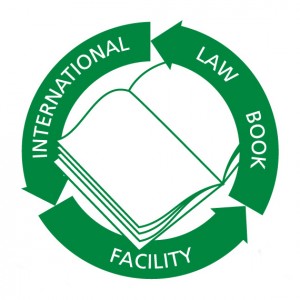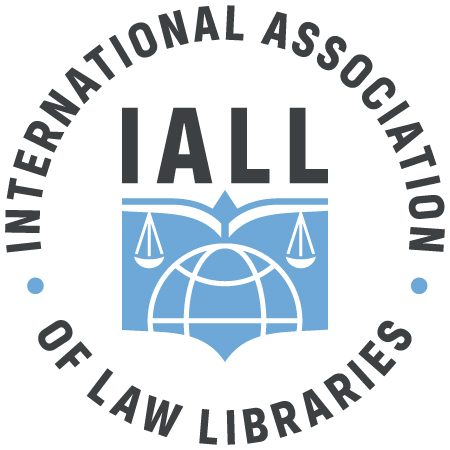The International Law Book Facility (ILBF) was formed in 2005 in the United Kingdom to redress the waste of good quality law books which are discarded en masse each time a new edition is published. Since that time the ILBF has assisted not-for-profit organisations around the world with limited access to legal research resources by selecting and shipping the second-hand legal books that will be most useful to those organisations. The ILBF is currently seeking recipients (an application form can be found at www.ilbf.org.uk). 
The modus operandi of the ILBF is simple. The ILBF encourages donations of useful, good quality books from the UK legal community. Prospective recipient organisations submit a comprehensive application form, outlining their user demographic and potential uses for law books, which is assessed by the ILBF Operating Committee. At the ILBF’s storage facility, volunteers unpack and sort book donations, determining which are most suitable for particular recipients. The selected books are then packed into boxes and sent to the recipient organisation. The ILBF meets the costs of shipping. Typically, one shipment of books to a country will include books for between 3 and 5 recipient organisations and the main recipient takes responsibility for redistributing within the country, although we do sometimes ship to single recipients.
In the past eight years, the ILBF has sent over twenty thousand law books, including student textbooks, legal encyclopaedias and law reports, to organisations in over 35 countries, across Africa, Asia, South America, Europe and the Caribbean. Additionally, the ILBF has partnered with other organisations for specialised donations, including the establishment of a new library for prisoners in Uganda (with the African Prisons Project), and the provision of books for organisations in francophone Benin, Senegal and Cambodia (with LexisNexis France and Clifford Chance France). The ILBF has also built a relationship with The Asia Foundation to enable our books to reach organisations in Asia (eg in Bangladesh, Pakistan and Nepal). Recently, we have sent 1,200 books to establish a library for the Parliamentary Committee for the Rule of Law in Myanmar, chaired by Daw Aung San Suu Kyi.
ILBF books are used in different ways depending on the recipient organisation. Where the recipient is a body that provides legal or professional training, for example, the Bangladesh Bar Council, ILBF books are used to train lawyers and law students. Where the recipient is a legal aid organisation or charity, such as the Guyana Legal Aid Clinic, ILBF books may be used when preparing cases or giving advice, empowering at-risk citizens through the legal system and improving local perceptions of legal process as a tool for justice. Where the recipient is a court or government body, such as the Rwanda Supreme Court, ILBF books are used to assist the court in grounding their decisions in established law and to provide a point of comparison with other jurisdictions.
The ILBF’s work is entirely dependent on the generosity of donors of books and funding for shipments, and of volunteers from diverse sectors of the legal community, who donate their time to pack shipments of books and who form the charity’s Operating Committee and Trustees. The ILBF has engaged the legal community across the UK, with book donations from law firms of all sizes, barrister chambers, local government bodies, police federations and students. Through the work of the ILBF, volunteers and the donors of books can collaborate with local bodies throughout the world to improve legal training, access to justice and consistency of legal outcomes, leading to the promotion of the rule of the law.
Following some recent generous donations of books to the ILBF, we are currently seeking recipients worldwide. For further information about the ILBF, including how you and your organisation can support the charity, and to apply to receive books, please visit our website: www.ilbf.org.uk
Jules Winterton
